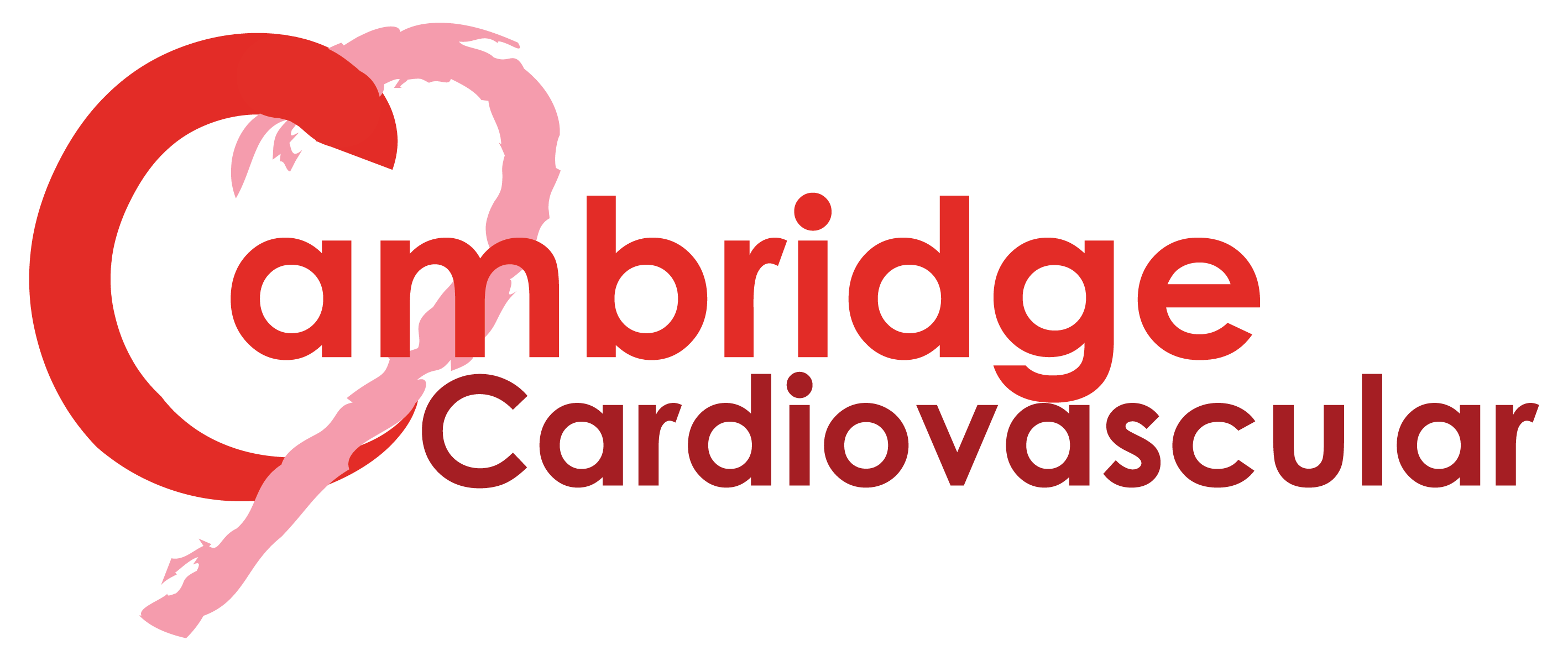Submitted by Administrator on Tue, 22/11/2016 - 08:57
Cambridge researchers have led several studies looking at how epigenetic modifications affect blood and immune cells, and how this can lead to disease. The studies are part of BLUEPRINT, a large-scale research project aiming to further the understanding of how genes are activated or repressed in both healthy and diseased human cells.
One of the great mysteries in biology is how the many different cell types that make up our bodies are derived from a single stem cell and how information encoded in different parts of our genome are made available to be used by different cell types. Scientists have learned a lot from studying the human genome, but have only partially unveiled the processes underlying cell determination. The identity of each cell type is largely defined by an instructive layer of molecular annotations on top of the genome – the epigenome – which acts as a blueprint unique to each cell type and developmental stage.
Unlike the genome, the epigenome changes as cells develop and in response to changes in the environment. Defects in the proteins that read, write and erase the epigenetic information are involved in many diseases. The comprehensive analysis of the epigenomes of healthy and abnormal cells will facilitate new ways to diagnose and treat various diseases, and ultimately lead to improved health outcomes.
Among the papers led by Cambridge researchers, Professor Nicole Soranzo and Dr Adam Butterworth have co-led a study analysing the effect of genetic variants in the DNA sequence of blood cells. Using a genome-wide association analysis, the team identified more than 2,700 variants that affect blood cells, including hundreds of rare genetic variants that have far larger effects on the formation of blood cells than the common ones. Interestingly, they found genetic links between the effects of these variants and autoimmune diseases, schizophrenia and coronary heart disease, thereby providing new insights into the causes of these diseases.
A second study led by Professor Soranzo looked at the contribution of genetic and epigenetic factors to different immune cell characteristics in the largest cohort of this kind created with blood donors from the NHS Blood and Transplant centre in Cambridge.
Dr Mattia Frontini and Dr Chris Wallace, together with scientists at the Babraham Institute, have jointly led a third study mapping the regions of the genome that interact with genes in 17 different blood cell types. By creating an atlas of links between genes and the remote regions that regulate them in each cell type, they have been able to uncover thousands of genes affected by DNA modifications, pointing to their roles in diseases such as rheumatoid arthritis and other types of autoimmune disease.
Dr Frontini has also co-led a study with BLUEPRINT colleagues from the University of Vienna that has developed a reference map of how epigenetic changes to DNA can program haematopoietic stem cells – a particular type of ‘master cell’ – to develop into the different types of blood and immune cells.
For more information, please follow the links to the University website and to the relevant papers:
The allelic landscape of human blood cell trait variation
Genetic drivers of epigenetic and transcriptional variation in human immune cells
DNA methylation dynamics of human hematopoietic stem cell differentiation




